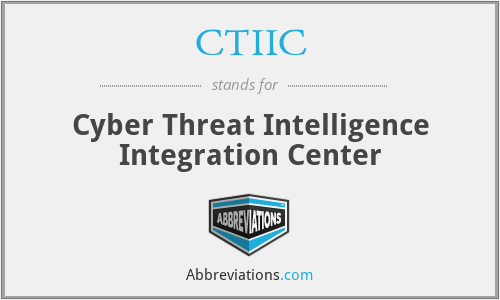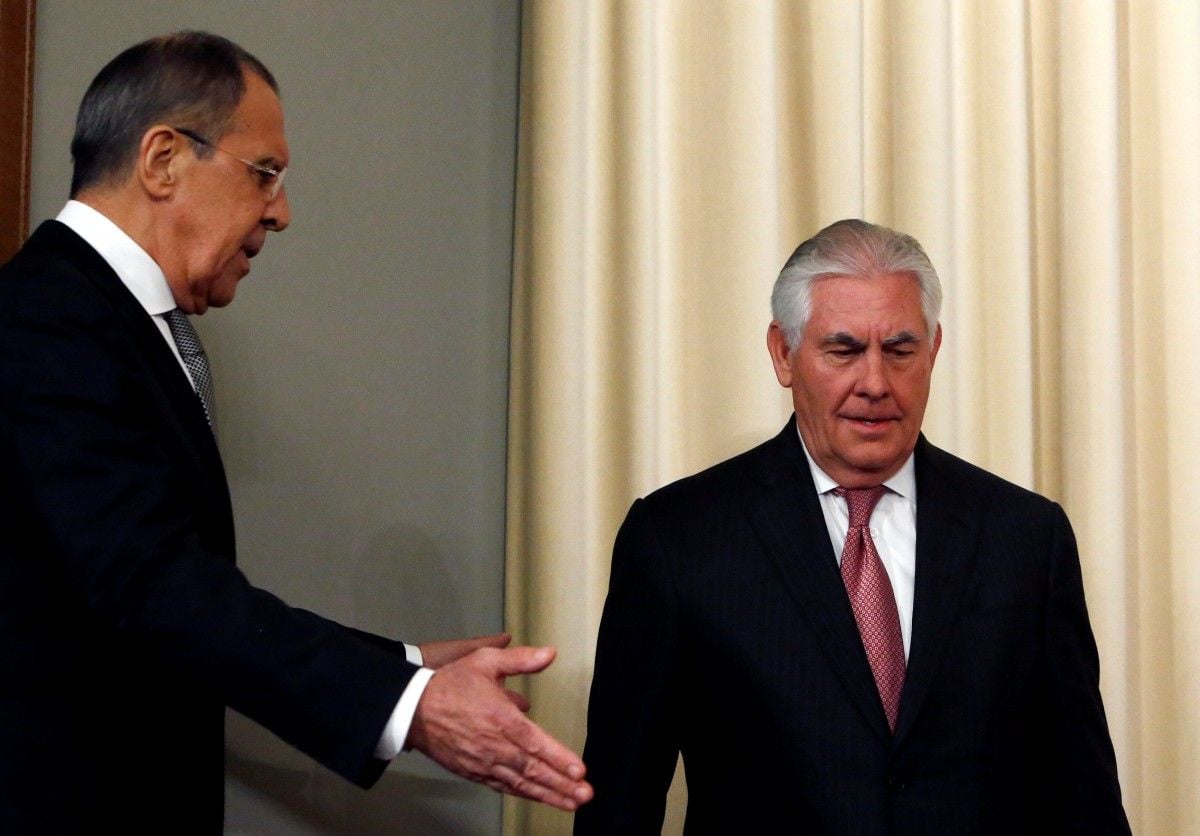This sounds great until one considers there is no lawful cyber policy against any nation, rogue or otherwise where there are consequences for hacks, malicious malware or cyber theft. Meanwhile, all cyber units within the Federal government as well as independent outside corporations are well aware of China, North Korea, Russia and proxies are the constant and proven cyber threats to the United States without punishment.
Further, there are two details that are omitted in the summary below, the global actions of cybercurrencies and how governments are plotting regulations but more the global economic agenda. There is no way to stop a borderless world.
Secretary of State Rex Tillerson is proposing the consolidation of two separate offices at the State Department to form a single bureau that will focus on a wide range of cyber issues.
A State Department spokesperson told The Hill that the two offices, the Office of the Cybersecurity Coordinator and the Bureau of Economic Affairs’ Office of International Communications and Information Policy, would be unified in order to form the proposed Bureau for Cyberspace and the Digital Economy.
“The combination of these offices in a new Bureau for Cyberspace and the Digital Economy will align existing resources under a single Department of State official to formulate and coordinate a strategic approach necessary to address current and emerging cyber security and digital economic challenges,” Tillerson said in a Tuesday letter to House Foreign Affairs Committee Chairman Ed Royce (R-Calif.).
“The Department of State must be organized to lead diplomatic efforts related to all aspects of cyberspace,” the secretary added.
The decision comes after Tillerson faced scrutiny from both parties last year over his decision to fold the standalone Office of Cybersecurity Coordinator into an economic-focused bureau as part of his broad efforts to reorganize the agency.
Royce first relayed the news during a cyber diplomacy briefing on Tuesday that focused on the need to engage the international community on cybersecurity-related issues.
“The proposal will elevate the stature of the department official leading cyberspace policy to one that is confirmed by the U.S. Senate — an assistant secretary — to lead high-level diplomatic engagements around the world,” the secretary argued.
Last year, Royce introduced a bill, titled the Cyber Diplomacy Act, that seeks to restore a State Department office specifically focusing on cyber diplomacy efforts. The House passed the bill last month, which also calls for the official leading the cyber office to have the rank of ambassador.
Royce said Tillerson’s proposal is a “welcomed” move, but continued to vouch for the Cyber Diplomacy Act to “help keep America safe and strong.”
“Cyberspace is vital to America’s national security, and to our economy. That’s why I have long called for the State Department to have a high-ranking diplomat who can confront the full range of challenges we face online,” Royce said in a statement in response to Tillerson’s letter.
“The Foreign Affairs Committee will continue to work with the department and our colleagues in the Senate to ensure this assistant secretary and bureau is empowered to engage on the full range of cyber issues, dealing with security, human rights, and the economy,” he continued.
A State Department spokesperson said the proposal is part of an effort to spearhead cyber policy and address cybersecurity on a global scale.
“The State Department recognizes its leadership role of diplomatic efforts related to all aspects of cyberspace and the need to have an effective platform from which to engage relevant global stakeholders and exercise that leadership role,” the spokesperson said.
Under Tillerson’s proposal, the cyber bureau would seek to establish a “global deterrence framework” in an effort to outline how countries can respond when other nations “engage in malicious cyber activities.”
It would also seek to develop strategies against adversaries, promote programs that help with cyber threat prevention and responses, establish partnerships to keep the nature of the Internet open with a cross-border flow of data and open lines of dialogue for diplomatic officials to further engage on such issues.
At the start of the hearing, Royce emphasized the importance of the State Department’s role in cybersecurity issues as other countries attempt to impose control over cyberspace.
“The department’s role becomes essential when you consider that it’s not just computer networks and infrastructure that the United States needs to protect. The open nature of the internet is increasingly under assault by authoritarian regimes, like China, that aggressively promote a vision of ‘cyber sovereignty,’ which emphasizes state control over cyberspace,” Royce said in his opening remarks.
Three cyber experts testified before the lawmakers for roughly three hours on Tuesday, including the State Department’s former top cyber diplomat.
Chris Painter, the agency’s former cybersecurity coordinator, had already emphasized the need for the State Department to assume a key role in cyber policy before Tillerson’s proposal became public.
“[G]iven the international nature of the threats and the technology itself, that the State Department should play a leading role in that effort and that effective cyber diplomacy,” Painter told the lawmakers.
“For the U.S. to continue to lead, as it must, cyber issues must be re-prioritized and appropriately resourced at the State Department. Moreover, it is important that the position of the individual leading these efforts be at a very high-level — not buried in the bureaucracy or reporting through any one functionally or perspective limited chain of command,” he added.
Under the proposal, an assistant secretary will lead the new bureau and report to the Under Secretary for Economic Growth, Energy and the Environment.
Painter praised Tillerson’s plan after Royce relayed Tillerson’s proposal at the hearing. But he argued that it “makes a lot more sense” for the assistant secretary to report to the undersecretary for political affairs rather than economic affairs.
“I applaud the fact that they’ve taken action. I think it’s great they’re elevating it. That’s exactly what should be done,” Painter said.
In July, Painter left his top position shortly before Tillerson alerted Congress about his plans to close the cybersecurity office.






